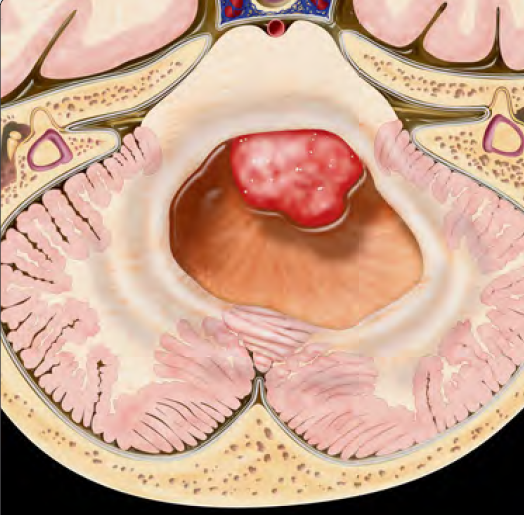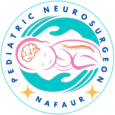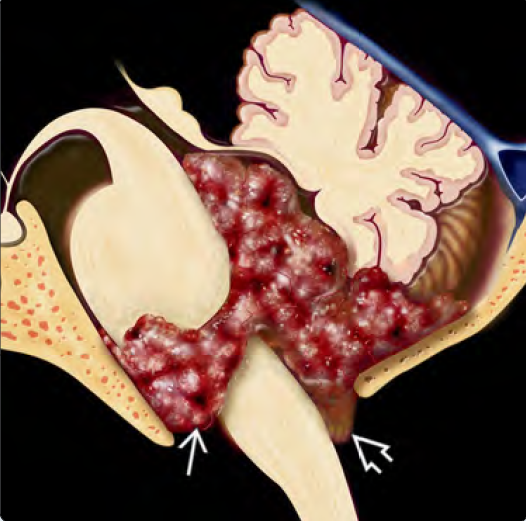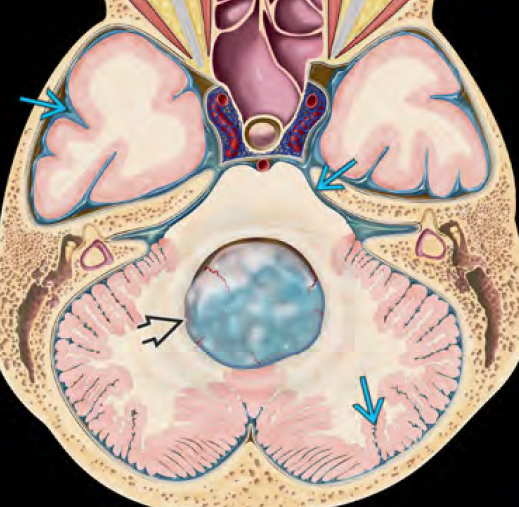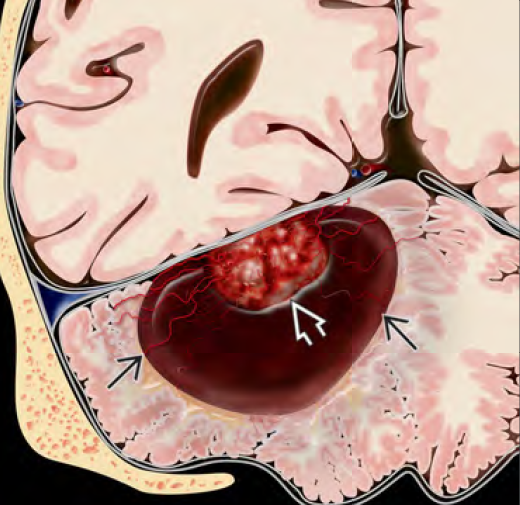Medulloblastoma
Medulloblastoma
Medulloblastoma is the most common malignant (cancerous) brain tumor in children, typically arising in the cerebellum, the part of the brain responsible for balance, coordination, and motor control. This aggressive tumor often grows rapidly and may spread to other parts of the brain and spinal cord via cerebrospinal fluid (CSF) pathways. Though serious, medulloblastoma is treatable with a multidisciplinary approach, combining surgery, radiation, and chemotherapy. Early diagnosis and complete surgical resection by a specialized pediatric neurosurgeon significantly improve survival outcomes. 🌍 Medulloblastoma in Bangladesh Perspective In Bangladesh, medulloblastoma remains underdiagnosed or detected at an advanced stage due to lack of awareness, delays in imaging, and limited access to specialized pediatric neuro-oncology services. Many children present with progressive headache, vomiting, gait imbalance, and vision problems, which are often misattributed to general weakness, infections, or nutritional deficiencies. Dr. Md. Nafaur Rahman is a trusted name in pediatric brain tumor surgery in Bangladesh, offering advanced neuroimaging, microsurgical tumor resection, and postoperative neuro-oncology coordination at NINS and Bangladesh Paediatric Neurocare Centre. 🧬 Causes and Risk Factors While the exact cause of medulloblastoma is still under research, possible contributing factors include: Genetic mutations (e.g., mutations in SHH or WNT pathways) Hereditary syndromes (e.g., Gorlin syndrome, Turcot syndrome) Environmental exposure (rare) Most cases occur sporadically, without a clear inherited cause 🧒 Common Symptoms in Children Medulloblastomas often cause increased intracranial pressure and cerebellar dysfunction, leading to: Persistent headache, worse in the morning Frequent vomiting Unsteady gait (ataxia) or difficulty walking Dizziness and balance issues Blurred or double vision (due to papilledema or sixth nerve palsy) Behavioral changes or poor school performance Seizures (less common) Neck stiffness if hydrocephalus develops In Bangladesh, such symptoms are frequently mistaken for gastrointestinal or ENT problems, delaying brain imaging. 🔍 Diagnostic Approach 🧠 MRI Brain with Contrast Reveals a midline posterior fossa tumor, usually arising from the vermis of the cerebellum May show CSF pathway obstruction, leading to hydrocephalus Spinal MRI is essential to detect leptomeningeal spread 🧪 Lumbar Puncture (Post-op only) CSF cytology to detect microscopic tumor dissemination Performed only after hydrocephalus is managed 🔬 Histopathology Confirms tumor type and molecular subtype (WNT, SHH, Group 3 or 4) Helps tailor chemotherapy and radiation planning 🛠️ Treatment Strategy A multimodal treatment plan gives the best outcome: ✂️ Surgical Resection Performed by Dr. Md. Nafaur Rahman using microsurgical techniques and neuro-navigation Goal: maximum safe resection without damaging vital brain structures Surgery often improves hydrocephalus and relieves pressure symptoms 💉 Chemotherapy & Radiation Given postoperatively under neuro-oncology care Craniospinal radiation followed by focal boost (age >3 years) Tailored chemotherapy protocols (depending on risk category and subtype) 💧 CSF Diversion (If Needed) VP shunt or ETV if hydrocephalus persists postoperatively 🔄 Prognosis & Survival Standard-risk medulloblastoma (complete resection, no spread): ~70–85% 5-year survival High-risk cases (incomplete resection or dissemination): ~50–60% 5-year survival Regular follow-up MRI, CSF analysis, and neurodevelopmental assessments are crucial 💬 Post-Surgical Rehabilitation Physiotherapy and balance training Speech and occupational therapy if needed School reintegration and cognitive support Emotional and psychological counseling for both child and family ⚠️ Delay in Diagnosis Can Lead To Severe hydrocephalus and brain herniation Vision loss or cranial nerve palsy Spread to spine or entire brain Coma or death without intervention 👨⚕️ Why Dr. Md. Nafaur Rahman? Bangladesh’s leading pediatric brain tumor neurosurgeon Successfully performed numerous posterior fossa tumor surgeries Works with dedicated neuro-anesthesiologists and pediatric oncologists Operates at NINS – country’s premier neurosurgery center Founder of Bangladesh Paediatric Neurocare Centre for holistic post-op care 📞 Book Appointment for Expert Brain Tumor Evaluation Dr. Md. Nafaur Rahman Assistant Professor, Pediatric Neurosurgery, National Institute of Neurosciences & Hospital (NINS) Chief Consultant, Bangladesh Paediatric Neurocare Centre 📞 Serial/Consultation: 01912988182 | 01607033535 🌐 Website: www.neurosurgeonnafaur.com
